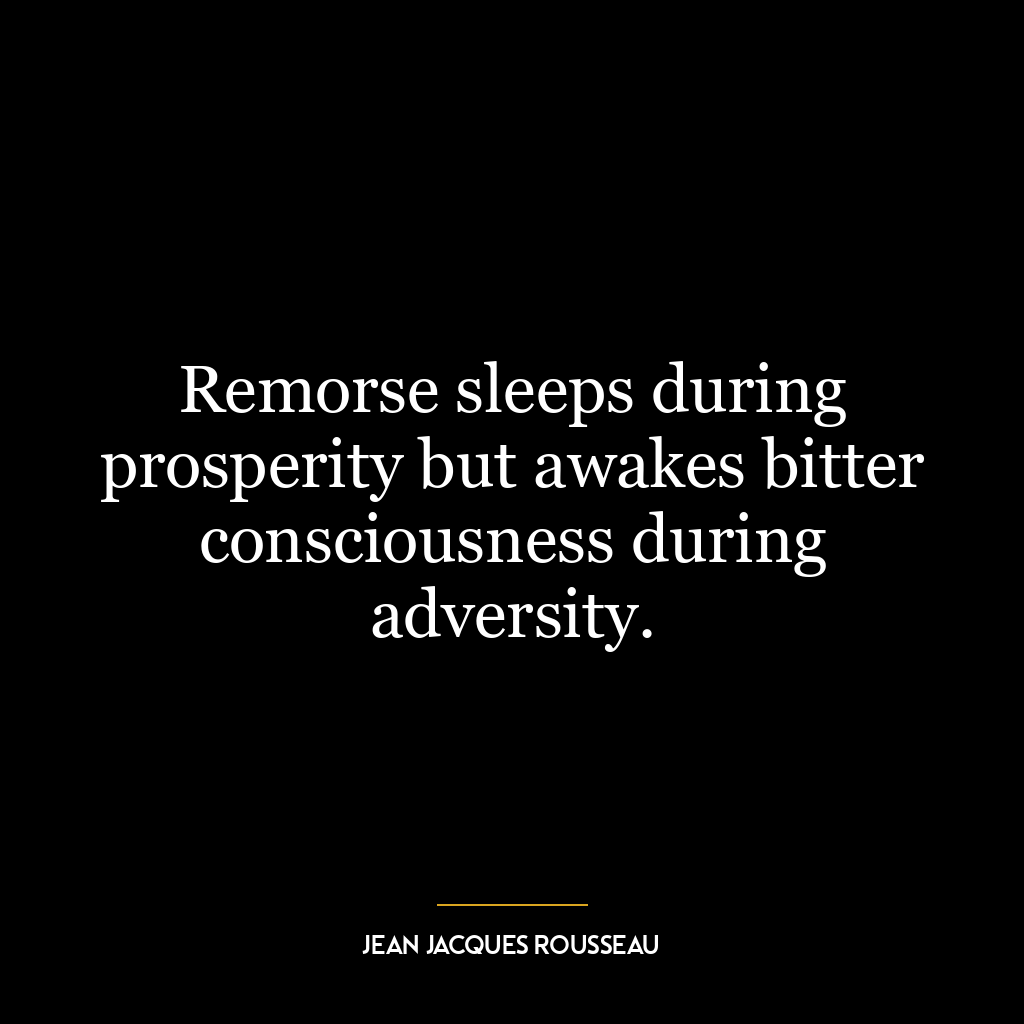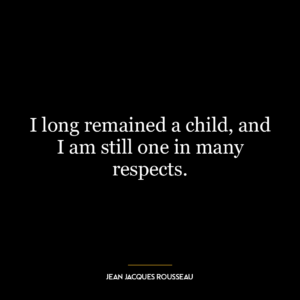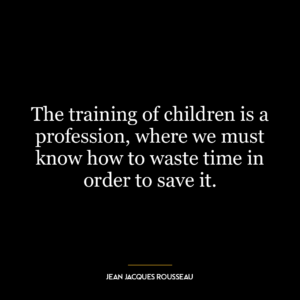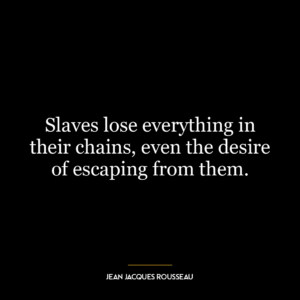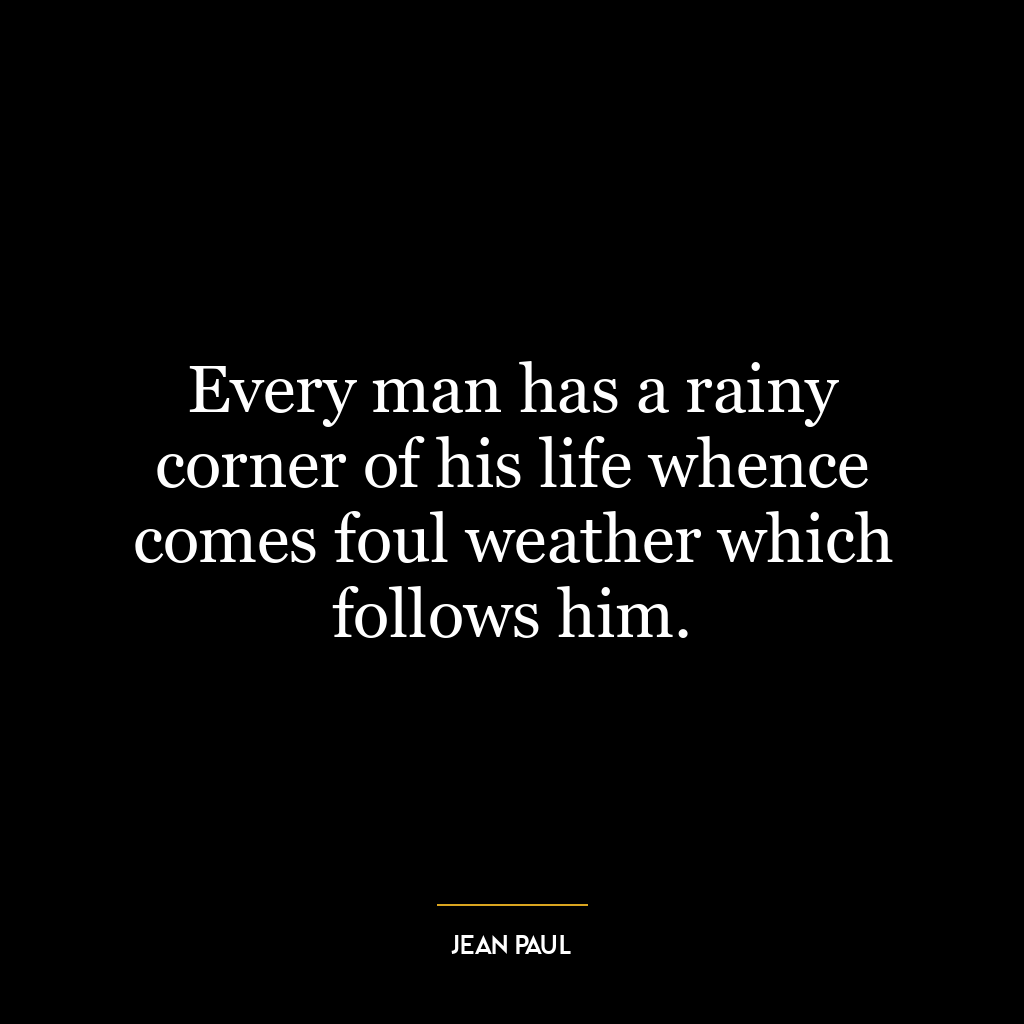This quote suggests that when things are going well, we tend to overlook or ignore our past mistakes or wrongdoings – remorse ‘sleeps’. However, during times of hardship or adversity, these past actions come back to haunt us, waking a ‘bitter consciousness’. It implies that prosperity can sometimes blind us to our flaws and errors, while adversity has a way of making us confront them.
This quote can be seen as a commentary on the human tendency to avoid introspection and self-improvement when life is comfortable. When we’re prosperous, it’s easy to dismiss our faults and mistakes, as their consequences may not be immediately evident. However, during adversity, the consequences of our actions are often brought into sharp relief, forcing us to confront them and the discomfort that comes with it.
Applying this to today’s world, one might consider how society often focuses on success and prosperity while neglecting the importance of self-reflection and learning from our mistakes. For instance, in the corporate world, a successful executive might ignore unethical business practices during times of prosperity. However, when a crisis occurs, the consequences of these practices can no longer be ignored, awakening a bitter consciousness.
In terms of personal development, this quote suggests the importance of self-reflection and learning from our mistakes, regardless of our current circumstances. Instead of waiting for adversity to force us into introspection, we should make it a regular practice. This could involve acknowledging our faults, seeking feedback from others, and taking steps to improve. This way, we can grow and develop as individuals, and be better equipped to handle adversity when it comes.

